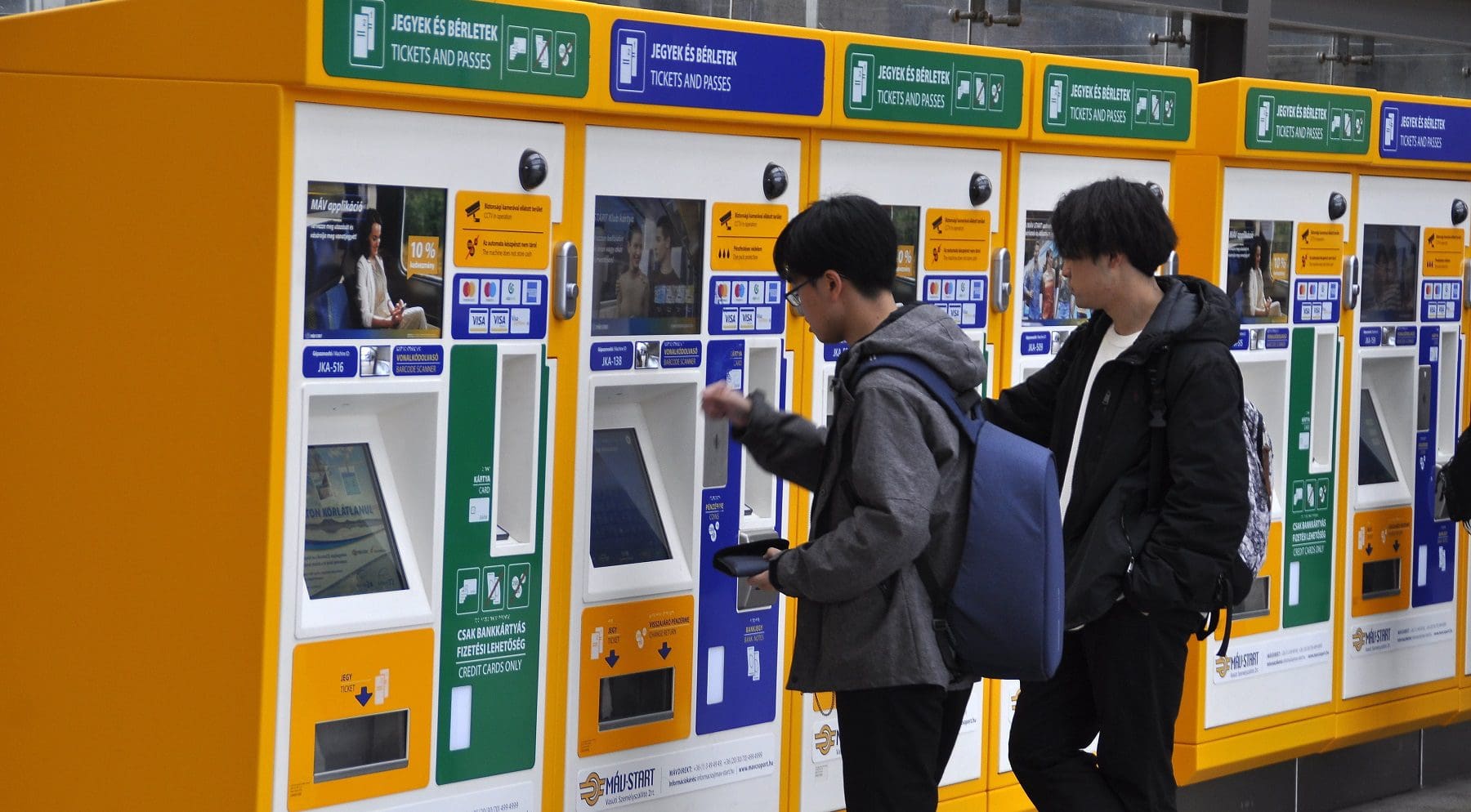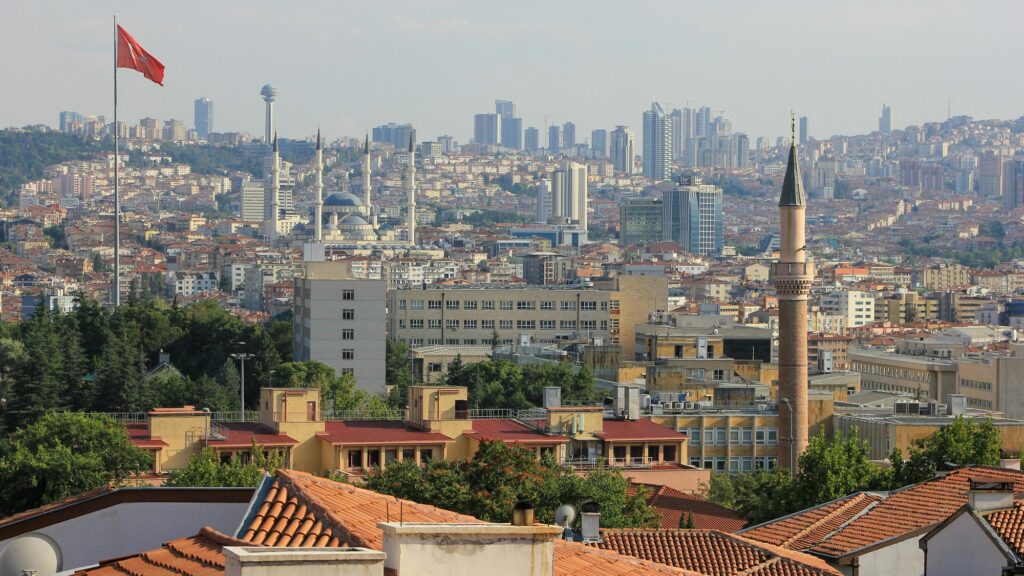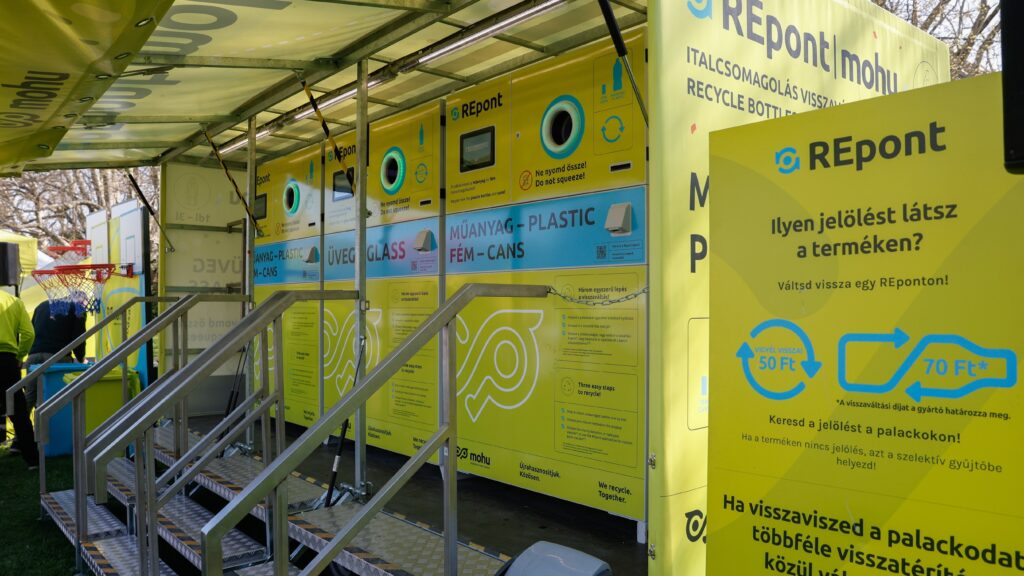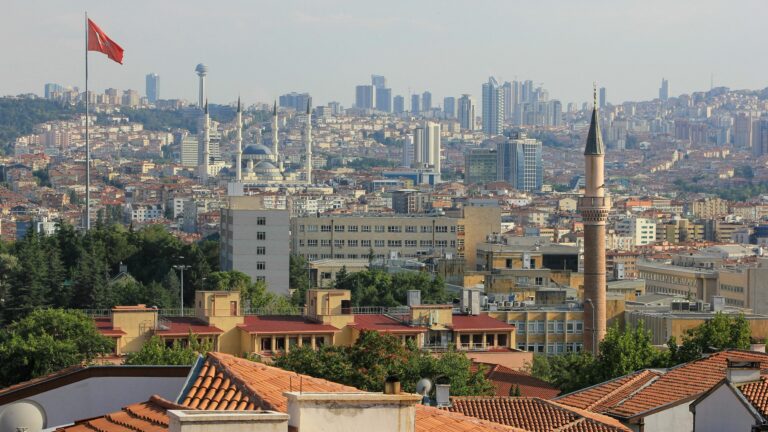Starting from 1 May, the Hungarian railway company MÁV is introducing a more favourable ticketing system than ever before. With the new tickets, passengers will be able to travel across a whole county, or even the entire country, using MÁV-START, Volánbusz, MÁV-HÉV or GYSEV services, according to the company’s announcement.
The 30-day county pass will be available for 9,450 HUF, while the national pass can be purchased for twice that price, 18,900 HUF. Pre-sale for the tickets starts at the end of April through the MÁV app.
Both types of passes provide a 90 per cent discount for students, which can be used without restrictions in the given county or even throughout the country.
Thanks to the new passes, families’ monthly transportation costs can decrease by several thousand, or even tens of thousands of forints, if parents and their children regularly commute between their workplace, school, and home.
Starting from May, it will be sufficient to purchase a single 30-day pass each month for local buses and trains, as well as for tram-trains between Szeged and Hódmezővásárhely in Csongrád-Csanád county. This single pass will also be available without waiting in line and without paper by using the MÁV app.
The county and country passes do not limit the current selection of passes offered to passengers in any way: all choices will remain available after 1 May as well. So, everyone can pick the most favourable solution for them.
However, there are a few exceptions to consider. With the county and country passes, trains that require seat reservations with surcharges cannot be used, and travel in first-class carriages or premium sections will not be available with the new passes either—even with the payment of the surcharge or the difference in carriage class.
The new types of passes will not be valid on local transportation within city limits. However, holders of the two new types can board regional (long-distance) buses and MÁV-START trains travelling inside city bounds without purchasing a separate ticket or pass. In this case, it is also important to be aware that in Budapest, on MÁV-HÉV trains and blue suburban buses, only the Pest County pass and the countrywide pass would be accepted outside the administrative boundary of the capital city. Within the city limits, BKK tickets or Budapest passes are required.
Who Benefits?
People who regularly commute from rural areas to cities, especially suburban commuters, clearly benefit from the new system. If we just look at the fact that a Szentendre HÉV pass currently costs 11,900 forints, and a 9,500 forint BKK pass must be purchased on top of that, then the new 9,450 forint county pass (valid for the whole line) accounts for almost 12,000 forints in savings. It will be 21,450 forints cheaper to travel by HÉV from Ráckeve and 14,200 forints cheaper to get from Gödöllő to the Budapest terminal.
However, unless someone wants to walk or bike from the Budapest HÉV terminal station to their workplace, they still need to buy the BKK pass, so the cost of 9,500 forints must be added to the tally. Moreover, due to the zonal system of HÉV tickets, the supplementary suburban pass is only cheaper if the passenger gets on 15–30 kilometres (10-20 miles) from the city limits; at around 10 kilometres (6 miles), the price is roughly the same, and at a distance of five kilometres (3 miles), it would be actually cost extra to switch to a county pass. This way, the people from Szentendre can still save 2,450 forints per month, those from Gödöllő can save 4,750 forints, while those from Ráckeve can save 21,500 forints per month if they come to Budapest by HÉV.
Commute students who travel to school by long-distance bus or train also benefit, as they receive a 90 per cent discount on monthly passes. Every university student can purchase a national monthly pass for 1,890 forints and travel as much as they want within the country.
So far, the commuters mostly purchased intercity passes with 86 per cent employer support, meaning that their employing companies bore the majority of the passes’ cost, not the commuters themselves. Therefore, cheaper transportation will primarily result in significant savings for the companies, not the population. From May, they will only have to reimburse 86 per cent of the 9450-forint county voucher price instead of 86 per cent of the 40-60,000-forint the current pass is going for as of now. This will result in significant revenue loss for the transportation companies, amounting to at least 21 billion forints annually. However, there are also estimates that put the annual shortfall at 30 billion forints.








